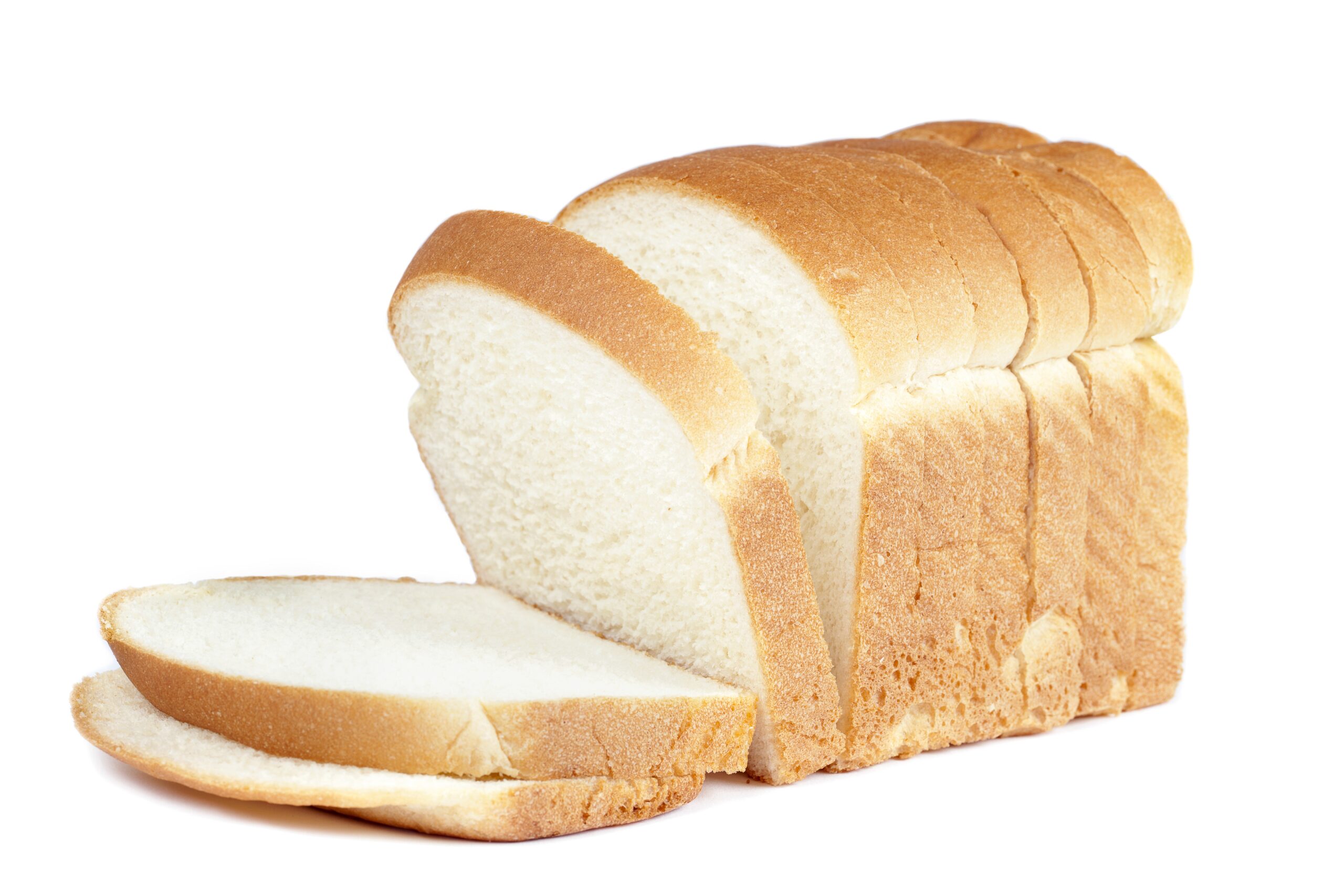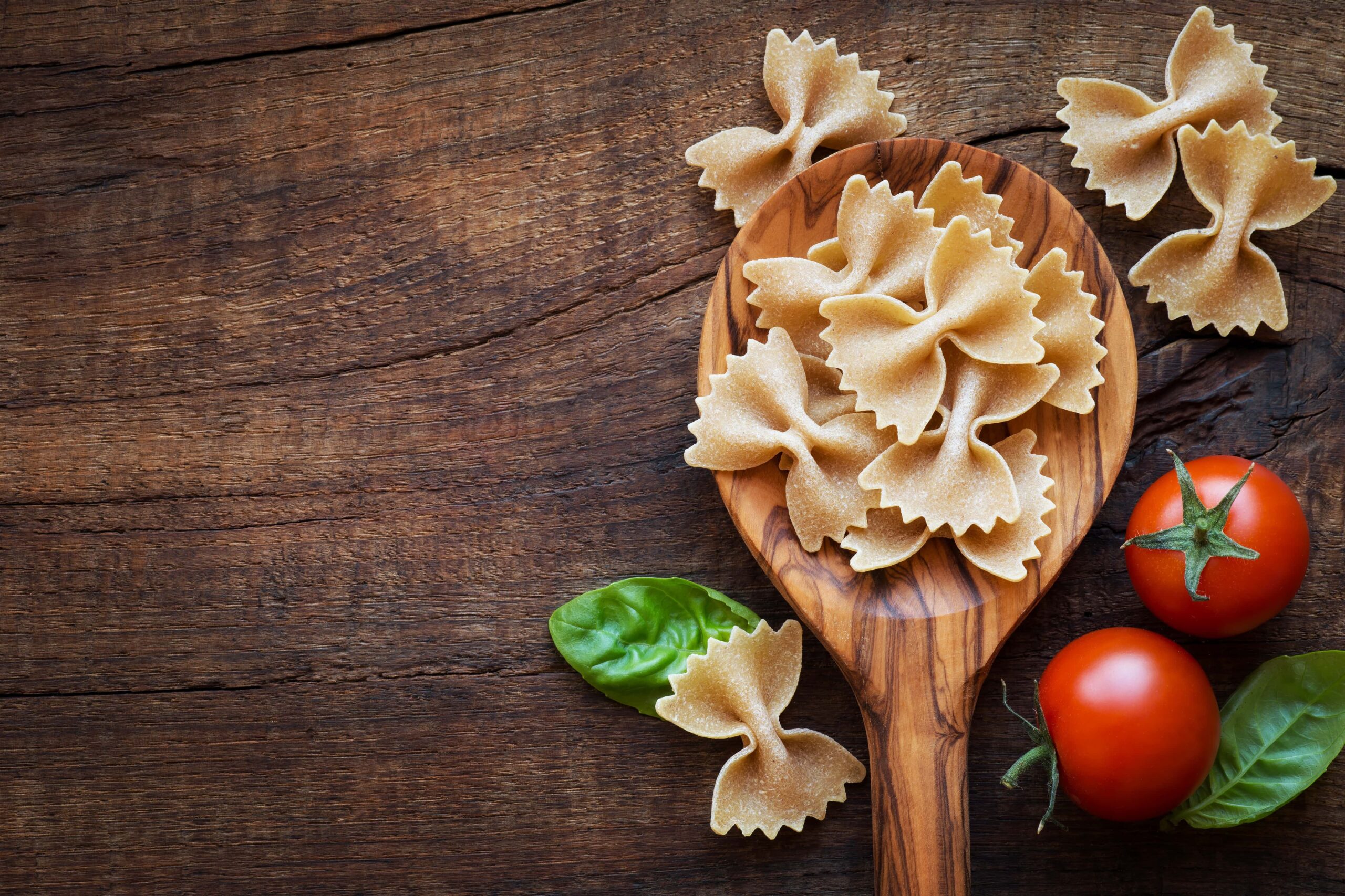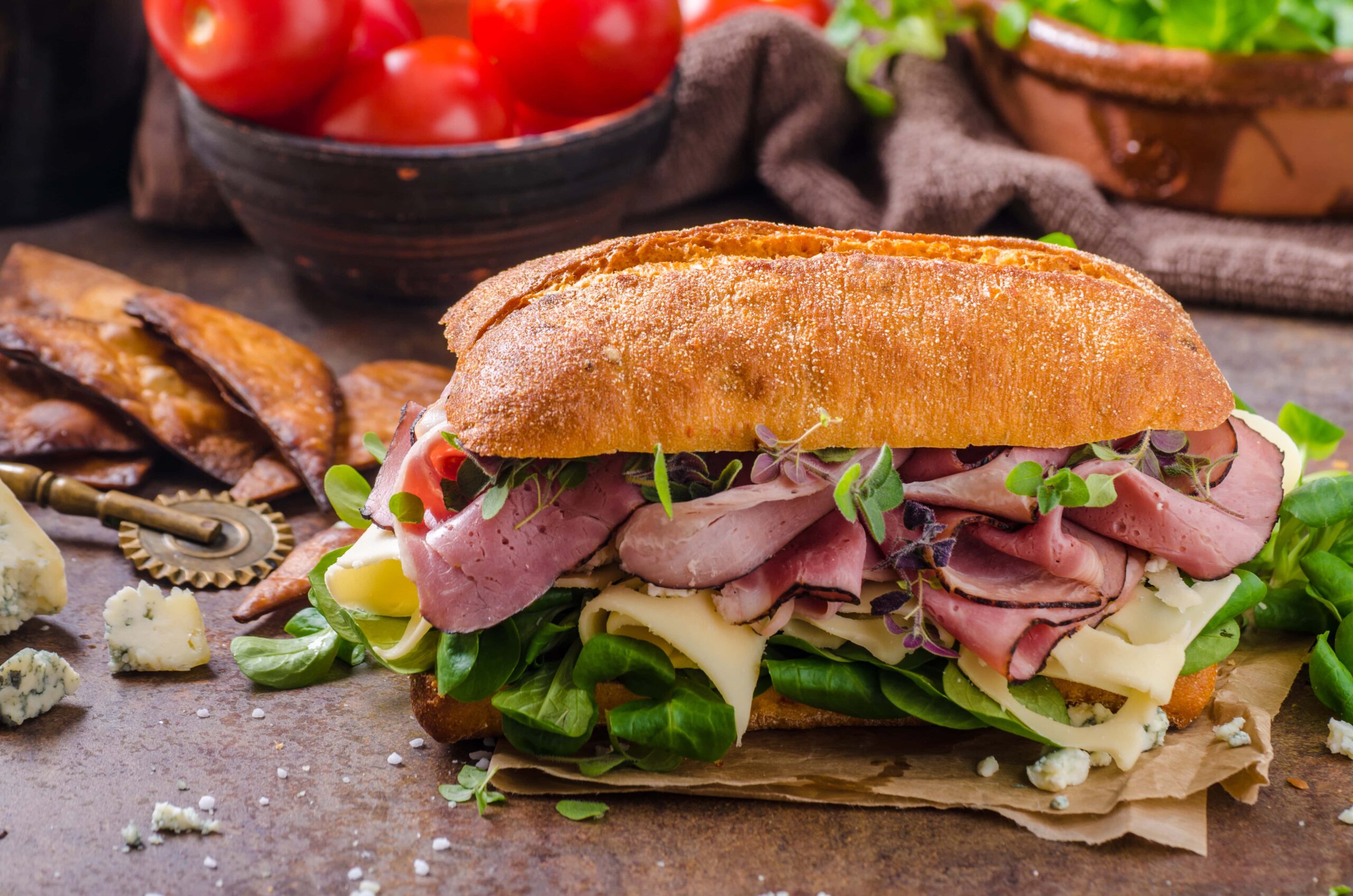There exists some foods a martial artist should never eat, things that drain your energy and suppress your ability to concentrate. If you are using, The Fighter’s Nutritional Blueprint: Creating a Combat Arts Ready Body, then you know some of these foods rob your body of nutrition and can cause massive weight gain quickly.
These foods are more like categories, broad strokes over very similar types of foods. And, I think the one thing you'll notice is that they are all processed food-like products. You’ll want to check out our recommendations for the type of diet a martial artist should eat.
White Bread
Throughout most of human history, bread was a staple food in the diet for many people.
Today, it is a food that causes many health issues, mostly because of the chemicals used to grow it and the processing to flours strips it of most of its nutrients. People who suffer from gluten sensitivity can experience inflammation, digestive problems, aches and pains, and mental fatigue.

Wheat products, particularly bread, make up an unhealthy portion of the Standard American Diet. It has come to replace many healthy fruits and vegetables. And, because most bread is white and highly processed, the vast majority of the bran and germ's beneficial nutrients have been removed.
At best, it provides empty calories.
If you choose to eat bread, make sure you're choosing organic, 100% whole grain. This way, you avoid many of the chemicals and GMOs that cause health problems, and you get the healthy nutrients from the bran and germ.
Of course, if you are gluten intolerant or allergic to gluten, you want to avoid all wheat products.
Raw Soy
Soy is somewhat controversial. Fermented soy a staple food in Asia.
In the US, 96% of all soy is genetically modified. Most of it goes to animal feed, but enough goes into soy products. These can include chemically processed tofu, soy milk, soy cheese, and soy replacement meats.
A lot of soy is also used in processed foods, as soy isolates to increase the protein content.
Unfortunately, unfermented soy contains numerous goitrogens, natural chemicals that increase thyroid problems significantly. Additionally, unfermented soy consumption is also linked to an increase in cancer, especially breast cancer.
The reason Asians don’t show this cancer risk is because they ferment soy before consuming it.
Traditionally fermented tofu and miso are incredibly healthy and provide a lot of nutrition. The goitrogens are also destroyed during the fermentation process, removing much of the cancer-causing agents.
Breakfast Cereal
Building upon the bread discussion, most breakfast cereals are made of wheat. Additionally, most breakfast cereals have a tremendous amount of sugar added to them, particularly the ones aimed at kids. Studies show that kids who eat cereal do worse in school than kids who have fruit or eggs for breakfast.
The same is true for adults. Breakfast cereal is easy but provides little nutrition and frequently leaves a person hungry throughout the day. Think about it, the last time you had a bowl of cereal, how did you feel?
The few breakfast cereals that use rice or other grains also add a significant amount of sugar. Currently, there is no genuinely healthy breakfast cereal on the market.
Pasta
And the same is true with pasta. If you're choosing organic, 100% whole grain pasta, you are getting the healthy nutrients. But, it also has a granular texture and is more challenging to cook with. However, traditional Italian dishes are often made with whole wheat pasta rather than the stripped-down semolina pasta, if those traditional dishes use pasta at all (most used very little to none).

You're better off sticking with the organic, 100% whole grain pasta. And, you should keep it as an occasional treat, not something that's part of your standard diet. Too much pasta can offset your dietary requirements for healthier fruits and vegetables.
Canned Soup
This one can be a blessing and a curse. First, canned soup is very convenient and can help you eat vegetables when it's difficult to get in a healthy meal. But, there is a downside. Most canned soups use a lot of salt and have begun skimping on the vegetables. Most add more pasta and rice to make up for the missing vegetables.
As an occasional meal, canned soups can fill in for a short gap in your regular diet. We recommend choosing organic varieties and soups that are based more on vegetables and meats rather than pasta.
Deli Meats
It's almost a stretch to call most of what is found in the deli "meats." Most of what is there is meat that has been ground down and have added to it fluid, salts, chemical flavorings, and other fillers. Some add bulky rice or oat fillers to lower the price.
Very few deli meats are actually whole cuts of meat, and often those are very expensive. Deli meats provide no nutritional value and can detract from your natural diet by thinking you're getting quality proteins where none exists.
Because of the deli meats' high heat processing, all of the proteins have been denatured, rendering them useless for your body purposes. More importantly, the International Agency for Research on Cancer classified processed meat as a carcinogen, which is know to cause cancer. Processed meat includes hot dogs, ham, bacon, sausage, and some deli meats.

Processing is a way to preserve or flavor, which includes salting, curing, fermenting, and smoking. Twenty-two experts from 10 countries reviewed more than 800 studies to reach their conclusions. They found that eating 50 grams of processed meat every day increased the risk of colorectal cancer by 18%.
That’s the equivalent of about 4 strips of bacon or 1 hot dog. For red meat, there was evidence of increased risk of colorectal, pancreatic, and prostate cancer.
Because it's so easy to avoid, this is one of the foods a martial artist should never eat.
Protein Bars
This is probably the worst one on the list, and you're probably flocking to it regularly. Protein bars (and drinks) contain exceptionally little nutrition and are packed full of artificial ingredients. Even organic and "healthier" varieties still do not provide quality. First, the proteins they are supposedly providing comes from unhealthy sources such as soy isolates, as discussed above, and whey.
Whey is highly overprocessed, heated, and cooled several times before being used in the protein bar. It renders the proteins denatured, making them useless for your body.
Additionally, they use fillers such as rice, wheat, and oats to fill in the bar's structure and body. Some will add nuts, seeds, and dried fruits or vegetables to help round out the nutrition. And although it does give it a little bit of a boost, it does not make the protein bar good enough to be consumed on any regular basis.
If you start avoiding these foods, you'll feel better and be better at your art and experience.
